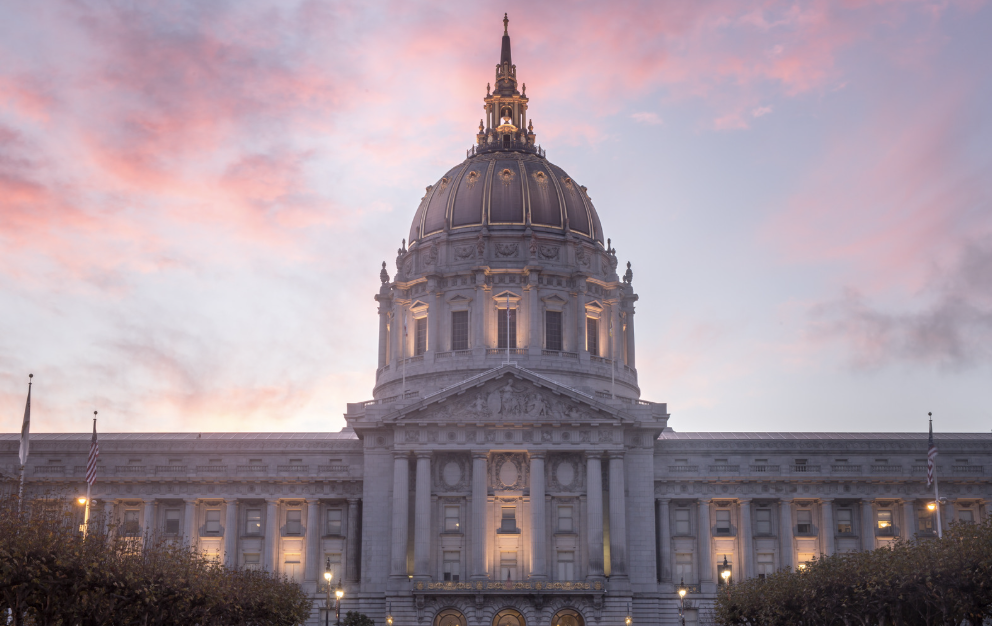Introduction to the Ruling
In a groundbreaking decision, a federal judge has declared Tennessee’s law prohibiting drag performances unconstitutional under the First Amendment. The ruling, which has been met with both celebration and disappointment, underscores the ongoing tensions in the United States regarding the intersection of free speech and LGBTQ+ rights. This legal battle has become a focal point for advocates seeking to protect artistic expression against perceived governmental overreach.
Overview of the Tennessee Adult Entertainment Act
Passed in 2023, the Tennessee Adult Entertainment Act aimed to classify drag performances as adult-oriented entertainment, effectively banning these shows in public venues where minors might be present. Supporters of the legislation argued that such measures were essential for the protection of children from exposure to adult content. Conversely, critics characterized the law as a targeted attack on LGBTQ+ culture, designed to stigmatize and marginalize a community that has faced systemic challenges for decades.
The Court’s Findings
U.S. District Judge Malcolm Hayes declared the law “overly broad” and “impermissibly vague” in his ruling, indicating that it specifically and unjustly targeted expressions protected by the First Amendment. The judge emphasized that governments cannot suppress various forms of artistic expression based solely on subjective moral criteria. This articulation of free speech principles set a precedent, reinforcing the concept that creative expression should not be curtailed by the legal system.
The Coalition Challenging the Law
The case was brought forth by a coalition comprising drag performers, LGBTQ+ advocacy organizations, and various civil rights groups. These parties argued that the Tennessee Adult Entertainment Act unjustly stigmatized their art form and community by painting drag performances as inappropriate or harmful. This coalition’s efforts reflected a broader push for equality and recognition within the artistic sphere, aiming to ensure that diverse forms of expression are protected under the law.
Reactions to the Ruling
Following the court’s decision, Monroe Star, a lead plaintiff and drag performer, hailed it as a monumental victory for freedom, art, and the LGBTQ+ community. This statement resonated with many who viewed the ruling as a crucial affirmation of their rights. However, Tennessee Governor Bill Lee, who had enacted the law, expressed disappointment and indicated plans to appeal, reaffirming the state’s commitment to the purported protection of children from perceived adult content.
Implications for Future Legislation
Legal experts are considering the implications of this ruling within a broader context where similar laws in other states may now face intensified scrutiny. By invalidating Tennessee’s law, the decision presents a potential roadmap for challenging other legislative efforts perceived as targeting LGBTQ+ individuals or communities. As courts increasingly recognize the importance of First Amendment protections, future cases may further illuminate the delicate balance between free speech and societal norms.
Conclusion
The recent ruling striking down Tennessee’s ban on drag performances represents a significant milestone in the ongoing battle for LGBTQ+ rights and artistic freedom in the United States. As advocates celebrate this legal victory, the decision also highlights the contentious dialogue surrounding cultural expression and morality. With an appeal anticipated, the case will likely continue to shape discussions around civil liberties, particularly in the realm of artistic expression, for years to come.
FAQs
What does the Tennessee Adult Entertainment Act entail?
The Tennessee Adult Entertainment Act, enacted in 2023, classified drag performances as adult-oriented entertainment, prohibiting them in public spaces or venues where minors could be present.
Why was the law deemed unconstitutional?
According to Judge Malcolm Hayes, the law was overly broad, vague, and targeted protected forms of expression, which infringed upon the rights guaranteed by the First Amendment.
What are the broader implications of this ruling?
The ruling may influence similar laws in other states and promote further examination of legal measures that appear to target the LGBTQ+ community, potentially leading to a greater recognition of artistic expression protections.
How has the LGBTQ+ community reacted to the ruling?
The LGBTQ+ community has largely celebrated the ruling as a victory for freedom of expression and artistic representation, with many expressing hope that it will foster greater acceptance and protection under the law.
What is the state’s response to the ruling?
Tennessee Governor Bill Lee expressed disappointment with the ruling and has indicated plans to appeal, maintaining that the state is committed to protecting children as per the intent of the law.

